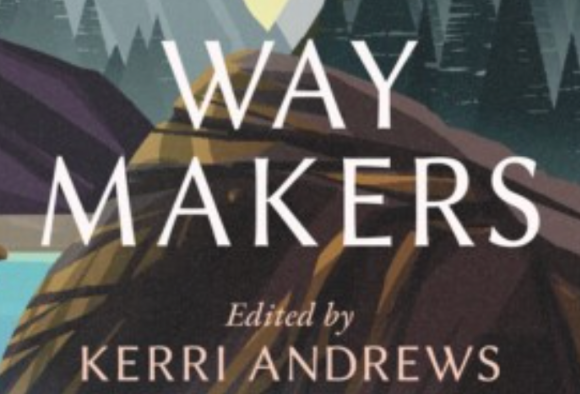Author and academic Kerri Andrews talks to Cheryl Markosky about her new book, Way Makers – An Anthology of Women’s Writing about Walking in this one-hour writer’s salon.
Remarkably, Way Makers is the first anthology of women’s writing about walking, with extracts from writers’ letters, diaries, poetry and novels.
From Mary Wollstonecraft wishing to vagabondize one day in the country, and Virginia Woolf’s current of sensation and ideas awakened when walking, to Katherine Mansfield’s game in Paris – walking and talking with the dead who smile, are silent and free – and Nan Shepherd’s elation on hauling herself to the summit of anything higher than the top deck of a bus.
Kerri discusses how walking, for the women, is a source of creativity and comfort, and a means of expressing grief, longing and desire.
Related

WAY MAKERS: Kerri Andrews on women-walker writers and their work over the centuries
Author and academic Kerri Andrews talks to Cheryl Markosky about her new book, Way Makers – An Anthology of Women's Writing about Walking in this one-hour writer's salon. Remarkably, Way Makers is the first anthology of women's writing about walking, with extracts from writers' letters, diaries, poetry and novels.

